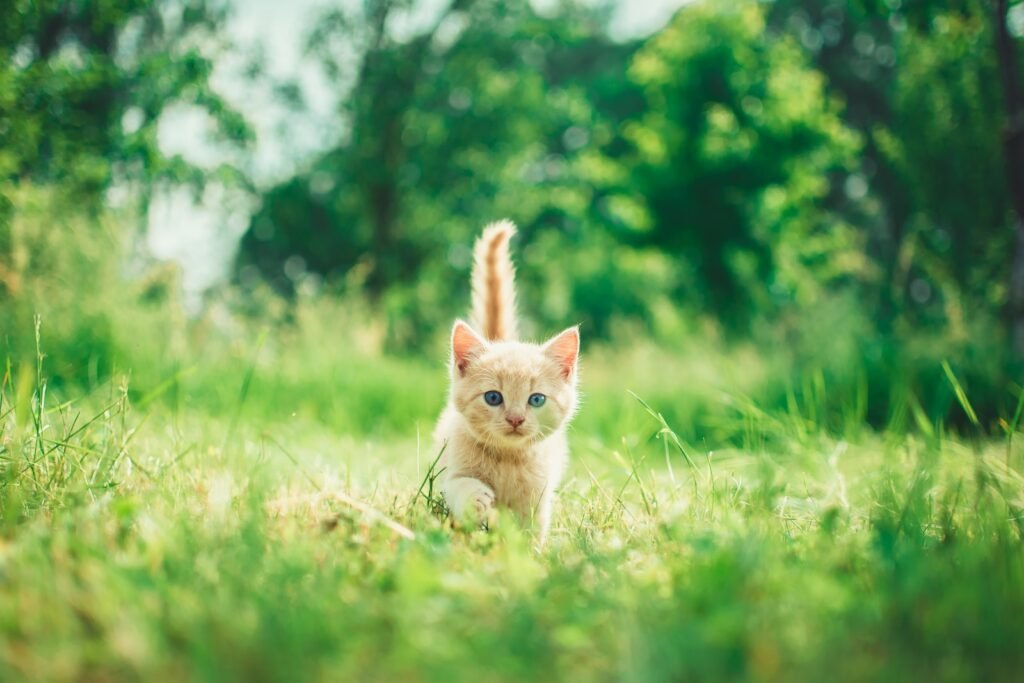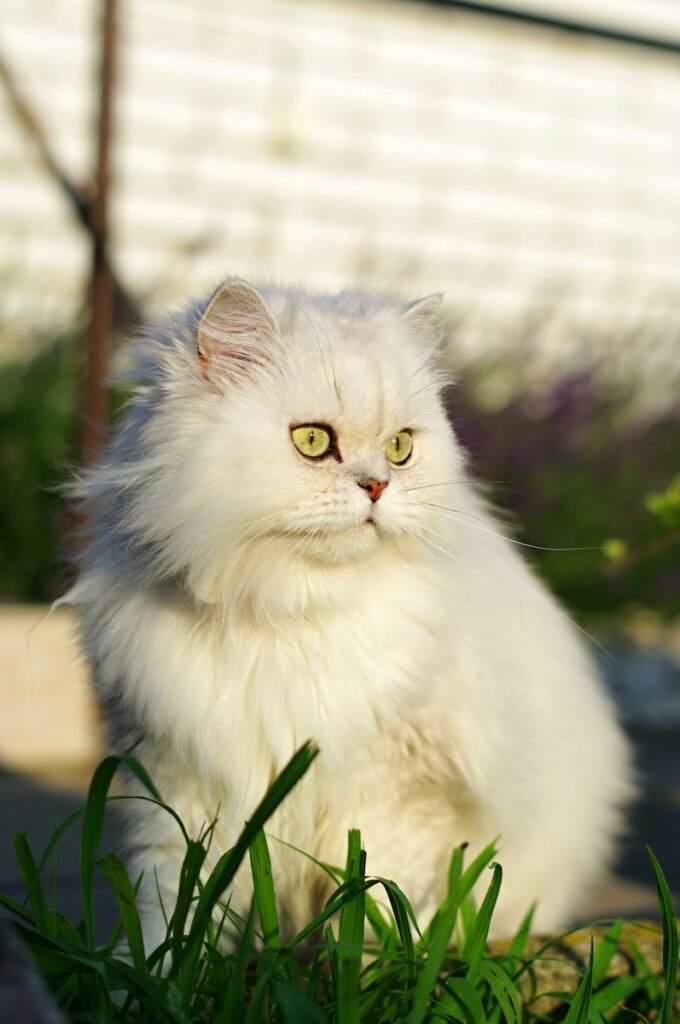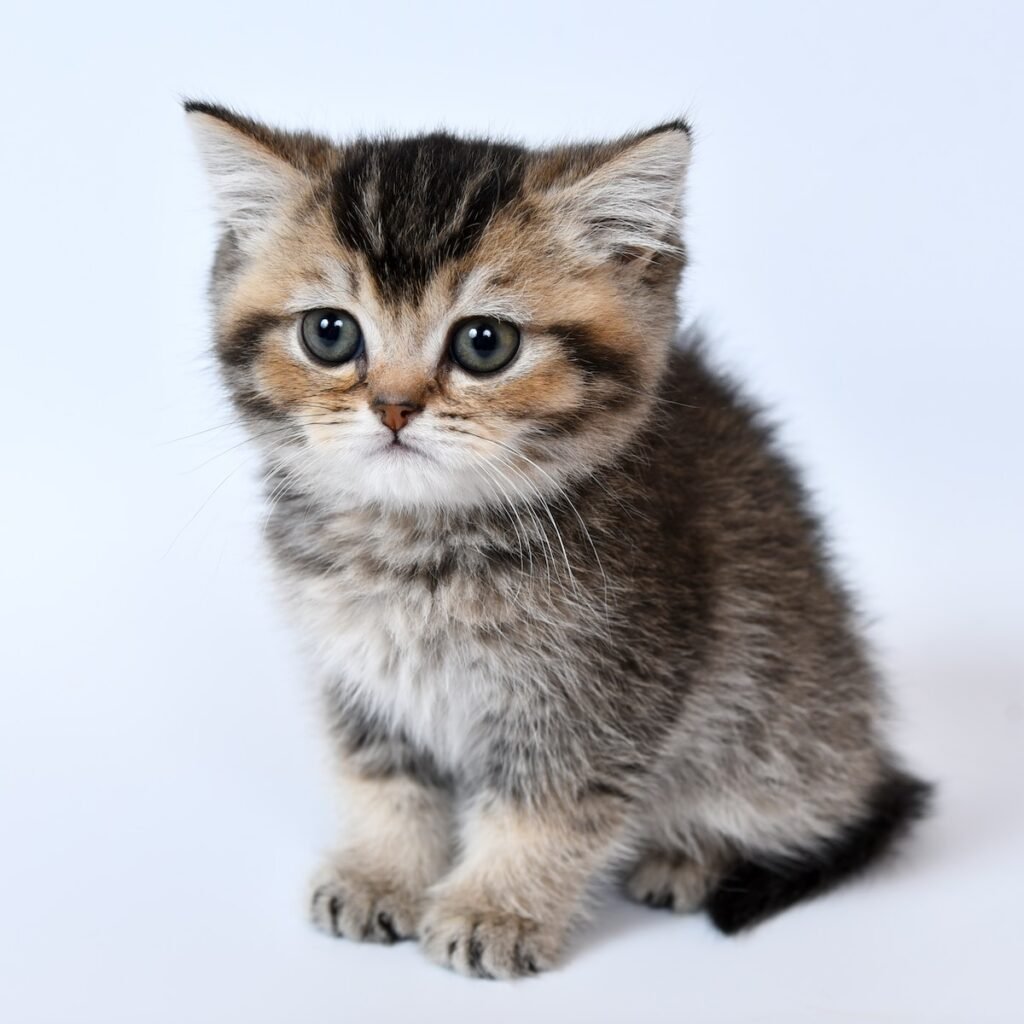Understanding Feline Perspectives
Cats have long been companions to humans, but how do they really perceive us? As mysterious and independent creatures, cats bring a unique perspective to our lives. Through their senses, body language, and observational skills, they communicate and form bonds with their human companions. This article delves into the fascinating world of feline perspectives, exploring how cats perceive us, build relationships, and even teach us important life lessons.

Cats and Humans: A Unique Bond Explored
The bond between cats and humans is a special one that has developed over thousands of years. Unlike dogs, who have been deliberately bred for companionship, cats chose to become our companions. They were attracted to the warmth and protection humans offered. Cats appreciate our presence but also value their independence, making their bond with us unique and distinct.

Sensory Insights: How Cats See and Hear Us
Cats have exceptional senses that shape their perception of the world, including how they see and hear us. While humans rely heavily on visual cues, cats have superior night vision and can detect even the slightest movements. They are also highly sensitive to sounds, particularly high-pitched ones. Their heightened senses allow them to observe and respond to our presence in ways that we might not even be aware of.

Decoding Feline Body Language and Communication
Understanding feline body language is crucial to comprehending their perspectives. Cats use their bodies to communicate with us, and their subtle cues can reveal their emotions and intentions. From a raised tail indicating happiness to flattened ears signaling fear or aggression, decoding feline body language helps us better understand the messages cats convey.

The Power of Scent: Cats’ Olfactory Perception
Cats have a highly developed sense of smell, and scent plays a crucial role in their perception of their human companions. They possess scent glands in various parts of their bodies, allowing them to mark their territories and communicate with other cats. Cats also use their sense of smell to recognize and bond with their owners, associating their scent with comfort and security.

Feline Empathy: How Cats Sense Our Emotions
Cats are remarkably perceptive when it comes to human emotions. They have the ability to sense our moods and respond accordingly. When we are sad or stressed, cats often provide comfort by curling up beside us or purring. Their empathetic nature allows them to provide a calming presence during challenging times and strengthens the bond between cats and their human companions.

Cats as Observers: Uncovering Their Observational Skills
Cats are natural observers, constantly studying their surroundings and the behavior of their human companions. They carefully watch our actions and reactions, learning our routines and habits. This observational skill not only helps them understand us better but also allows cats to anticipate our needs and provide support when required.

Feline Attachment: Exploring the Bond with Their Humans
While cats are known for their independent nature, they can also form deep attachments to their human companions. Cats often choose a favorite person and will seek their company, showing affection through headbutts, rubbing against our legs, or gentle purring. This bond is built on trust, respect, and shared experiences, creating a strong and enduring connection.

The Role of Play in Building Strong Cat-Human Relationships
Play is essential for cats and plays a significant role in strengthening the bond with their human companions. Engaging in interactive play not only provides physical exercise but also allows cats to release energy and build trust. Through play, cats learn to communicate, understand boundaries, and form a deeper connection with their human playmates.

Cats as Teachers: The Lessons They Teach Us
Cats have much to teach us about life. Their independence, resilience, and ability to find joy in simple pleasures are valuable lessons for humans. They teach us patience, as they often operate on their own schedule. Cats also remind us to take time for self-care, lounging in the sun or indulging in a nap. Their lessons extend beyond companionship, providing us with a fresh perspective on life.

The Influence of Routine and Predictability on Cats
Cats thrive on routine and predictability. Establishing a consistent schedule for feeding, playtime, and interactions helps cats feel secure and reduces stress. A predictable environment allows them to anticipate events, making them more comfortable and confident. By understanding and respecting their need for routine, we can create a harmonious environment that supports their well-being.

Mutual Benefits: The Positive Impacts of Cat Companionship
The companionship of cats brings numerous benefits to humans. Studies have shown that interacting with cats can reduce stress, lower blood pressure, and improve mood. Cats provide emotional support and help alleviate feelings of loneliness and isolation. Their presence has a soothing effect, bringing a sense of peace and tranquility to our lives.
Understanding how cats perceive their human companions offers insight into the unique bond between humans and felines. Through their senses, body language, and empathy, cats communicate and form deep connections with us. By appreciating their perspectives and nurturing our relationships with them, we can experience the profound joy and mutual benefits of cat companionship.